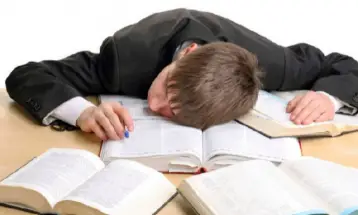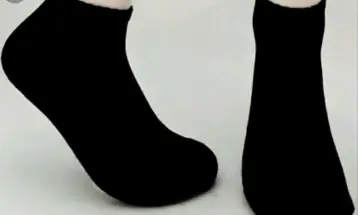The dangers of Coffee if Drunk by Children

Holiday Ayo - Lately coffee has become very popular and many adults can't seem to live without a cup of coffee. Coffee can help improve concentration and focus.
Coffee is also known to have many other benefits, such as losing weight to burning more calories. But does coffee have the same benefits for children?
Although coffee has many benefits for adults, if consumed by children it will cause bad effects, especially without a dose limit.
This is because children's bodies are different from adults. Small bodies of children can experience disturbances due to consuming caffeine even in small amounts for adults.
Children's heart rate and blood pressure can increase just by consuming caffeine. In addition, caffeine can also trigger stomach acid to anxiety and sleep disorders in children. In high doses, caffeine can also be very dangerous for your little one.
Children's heart rate and blood pressure can increase just by consuming caffeine. In addition, caffeine can also trigger stomach acid to anxiety and sleep disorders in children. In high doses, caffeine can also be very dangerous for your little one.

Source : ottencoffe.com
Consuming caffeine is generally limited according to a person's body size. This limit can also increase as the body grows so that it can metabolize caffeine more easily.
However, according to the American Academy of Child and Adolescent Psychiatry, if a child is small for their age or has migraines or heart problems, they may be more sensitive to the effects of caffeine.
Cited from IDNTimes.com, A 2015 study examining mothers in Boston revealed that 14 percent of respondents allowed their 2-year-olds to drink between one and four ounces of coffee a day, where on average four ounces is equivalent to half a cup. coffee.
The study also found that 2.5 percent of mothers gave coffee to their 1-year-old child.
In fact, the American Academy of Pediatrics recommends no caffeinated coffee, soda drinks, electrolyte drinks or sports drinks, or other products to be given to children under the age of 12. Likewise for children aged 12 to 18 years who were also asked to limit their caffeine intake to less than 100 milligrams per day.
In general, caffeine is found not only in coffee, but also in a bottle of sports drink, which contains nearly 250 caffeine depending on the brand. This is based on the findings of Consumer Reports.
In addition, a cup of tea is also said to have a caffeine content of up to 47 milligrams, and a diet soda containing 46 milligrams.








Leave a comment